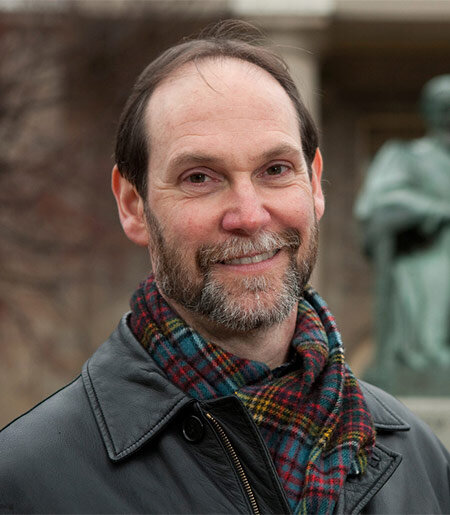TEHRAN — Under international law and basic ethical principles, people should not be denied access to food and medicine, says a political science professor at Cornel University.
In an interview with ILNA published on Sunday, Matthew Anthony Evangelista said the United States claims that its sanctions permit Iranian access to medicine, but the problem is the restrictions on financial transactions.
“Companies that sell food and medicine find it difficult to make the relevant payments without risking violating the U.S. rules,” he said.
On the recent sanctions the Trump administration has imposed on Iran, Evangelista said it seems “especially cruel” for the U.S. government to add additional sanctions during a period when Iranian people are suffering from the coronavirus pandemic.
“But the policy is consistent with the Trump administration’s approach to other countries, such as Venezuela, which it opposes—to apply more pressure when the country is weakened by disease,” the American professor remarked.
On the recent request by international organizations led by the National Iranian-American Council (NIAC) from Trump to reduce the sanctions for 120 days in order to help the Iranian people cope with the virus, the professor said, “It seems unlikely that Trump’s policies would find widespread support among the American people.”
Asked about the future of U.S.-Iran relations, he stressed that the main conclusion one can draw is that the animus against the Iranian government within the Trump administration has not diminished in the face of the humanitarian catastrophe that the pandemic has “caused for both of our countries”.
“On the contrary, Trump officials seem determined to increase the pressure on Iran, even as their response to the disease in the United States has proved inadequate and incompetent.”
Evangelista, who teaches courses in international and comparative politics, believes that there is, however, some popular sympathy for the Iranian people expressed through calls to reduce or lift sanctions to help deal with the coronavirus, but they are not likely to succeed.
He said the signatories of the statement that urged the Trump administration to lift Iran sanctions included mainly political figures on the left side of the political spectrum, such as Senators Bernie Sanders and Elizabeth Warren, and Representative Alexandria Ocasio-Cortez.
Former Vice President Joseph Biden—the presumptive Democratic nominee in the upcoming presidential elections—also made a statement on sanctions policy, but his proposal was much weaker than it seemed, he added.
“Joseph Biden did not call for lifting or narrowing of sanctions per se. He proposed issuing licenses to companies that produce drugs and medical devices that could help fight against the virus, but his proposal does not acknowledge the problem posed by the restrictions on banking,” the professor concluded.
TAGS


No comments:
Post a Comment